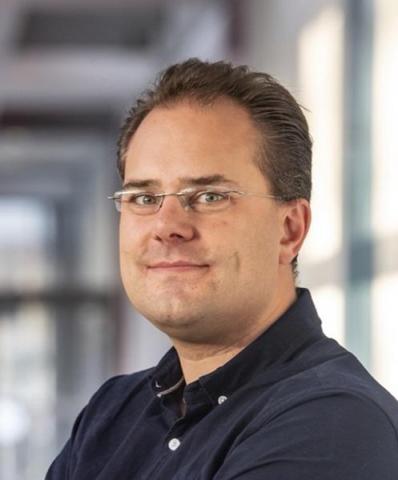About the project
Explore the forefront of Acoustical Engineering with this PhD opportunity at the University of Southampton. Join the renowned Institute of Sound and Vibration Research (ISVR) and perform pioneering work in noise control and machine learning.
Acoustic metamaterial plates have revolutionized sound control by offering lightweight and mechanically flexible solutions with unparalleled noise reduction, particularly in low frequencies (<1000 Hz). This breakthrough has immense potential for enhancing the efficiency and sustainability of transportation systems by reducing noise in vehicles without adding significant mass. The structure of these metamaterials, consisting of thin films with periodically attached masses, is relatively simple, but designing them to be effective over a wide range of frequencies is extremely challenging.
Since the metamaterial plates are effectively 2D structures, they can be represented using images. Artificial intelligence (AI) and machine learning methods have been successfully applied in processing and generation of images. This PhD project aims to overcome the challenge of designing acoustic metamaterial plates for different noise control applications by harnessing machine learning methods for image processing to optimize or inversely create new metamaterial plate designs. As part of the project, you will also construct prototypes of your machine learning-based designs and test them in the state-of-the-art acoustic testing facilities at the ISVR.
Join the dynamic Signal Processing, Audio, and Hearing Group at ISVR, where you'll collaborate with over 30 diverse PhD students, engaging in various social activities. The university promotes a healthy work-life balance through flexible work-from-home policies and discounted access to outstanding sports facilities.
Throughout your PhD journey, you will have opportunities to present your research at international conferences, expanding your academic network. Travel funds are provided for participation in conferences related to sound, signal processing, and metamaterials. Additionally, technical training opportunities, including world-class modules and international summer schools, will enhance your skills.
We invite motivated candidates with a background or interest in engineering acoustics, data science, applied physics, noise control, and numerical methods to apply. Experience with acoustic metamaterials and machine learning is advantageous.
Don't miss this chance to contribute to a groundbreaking field and shape the future of noise control and sustainability. Apply now and be part of a cutting-edge research team at the forefront of Acoustical Engineering.

